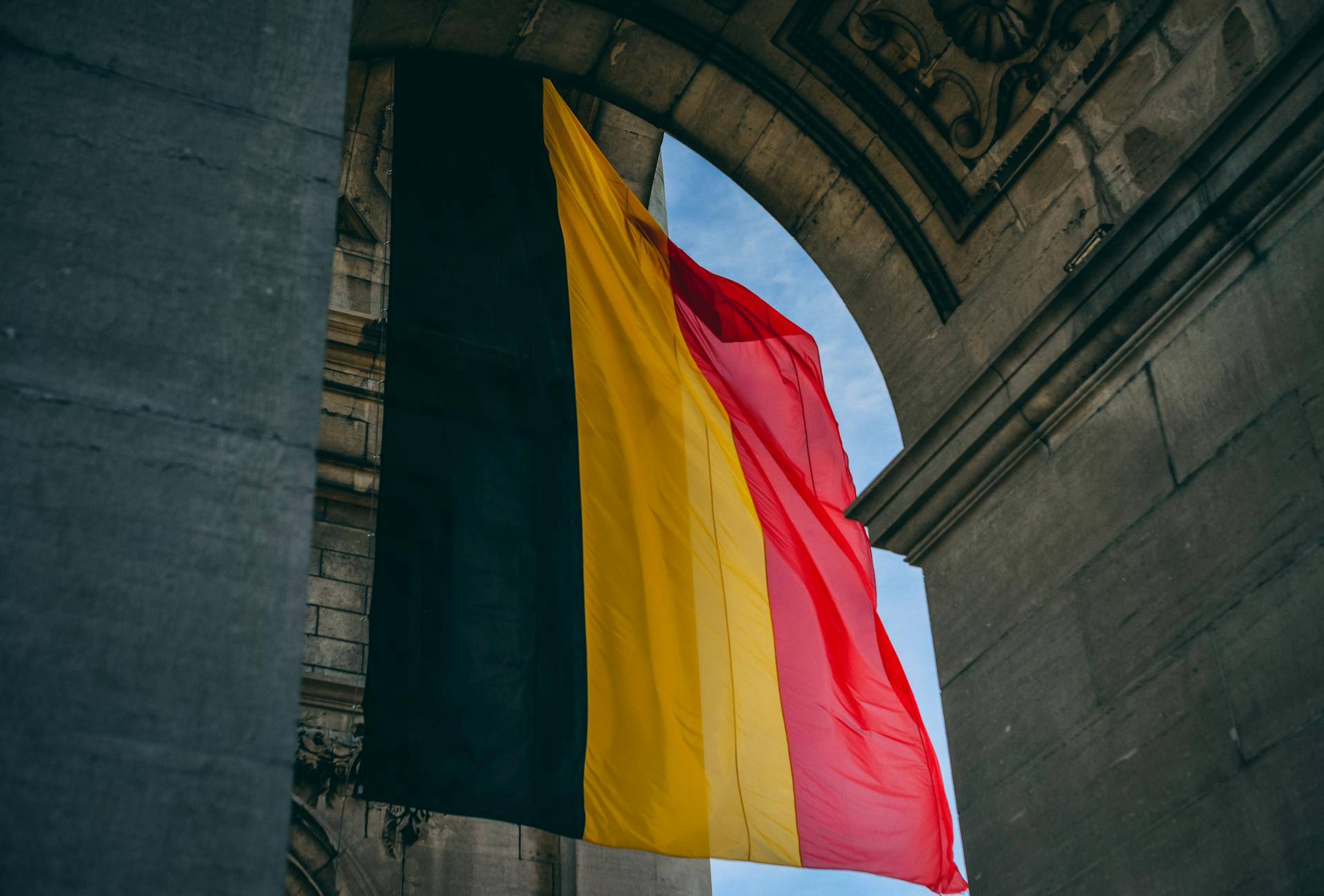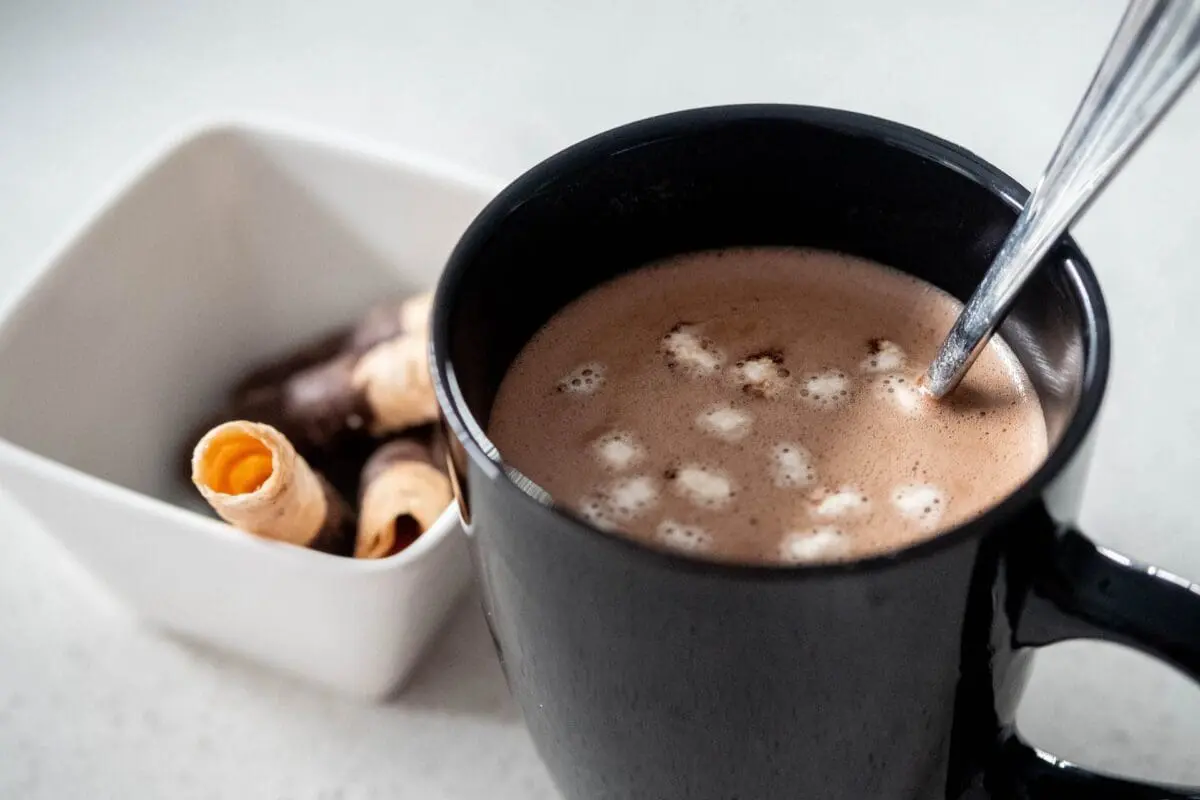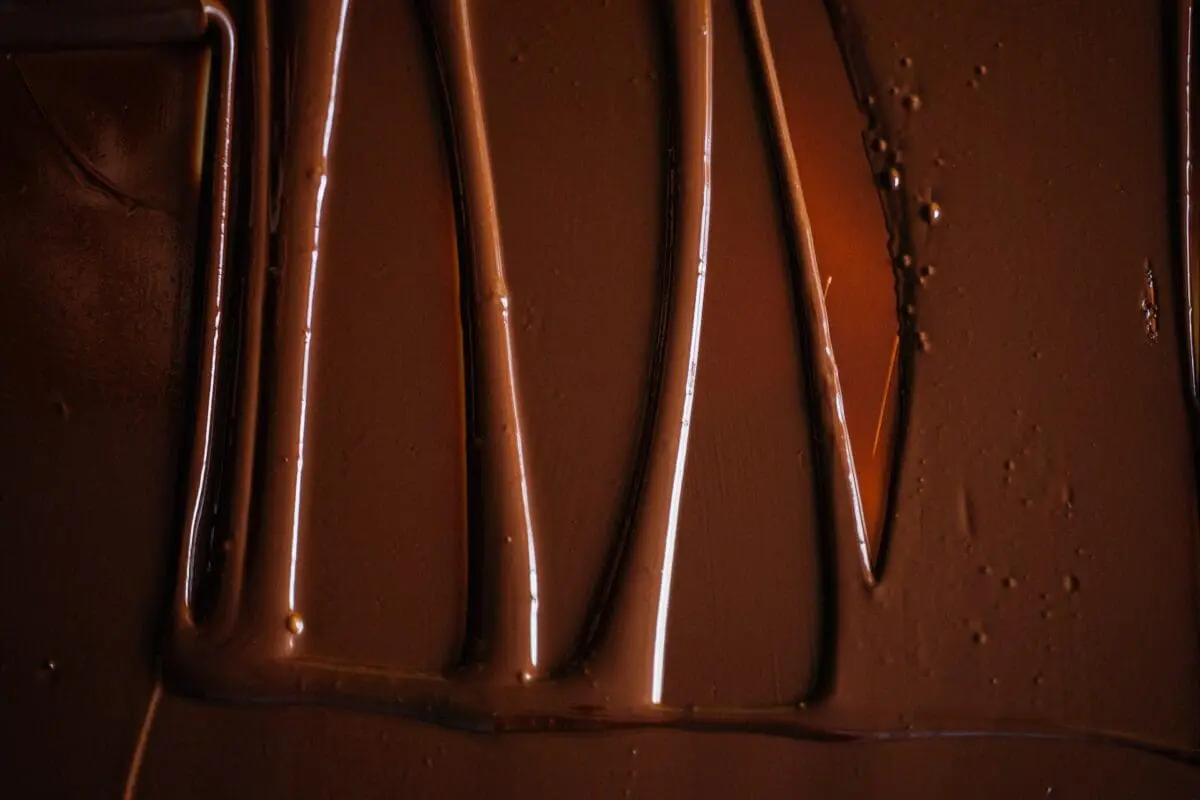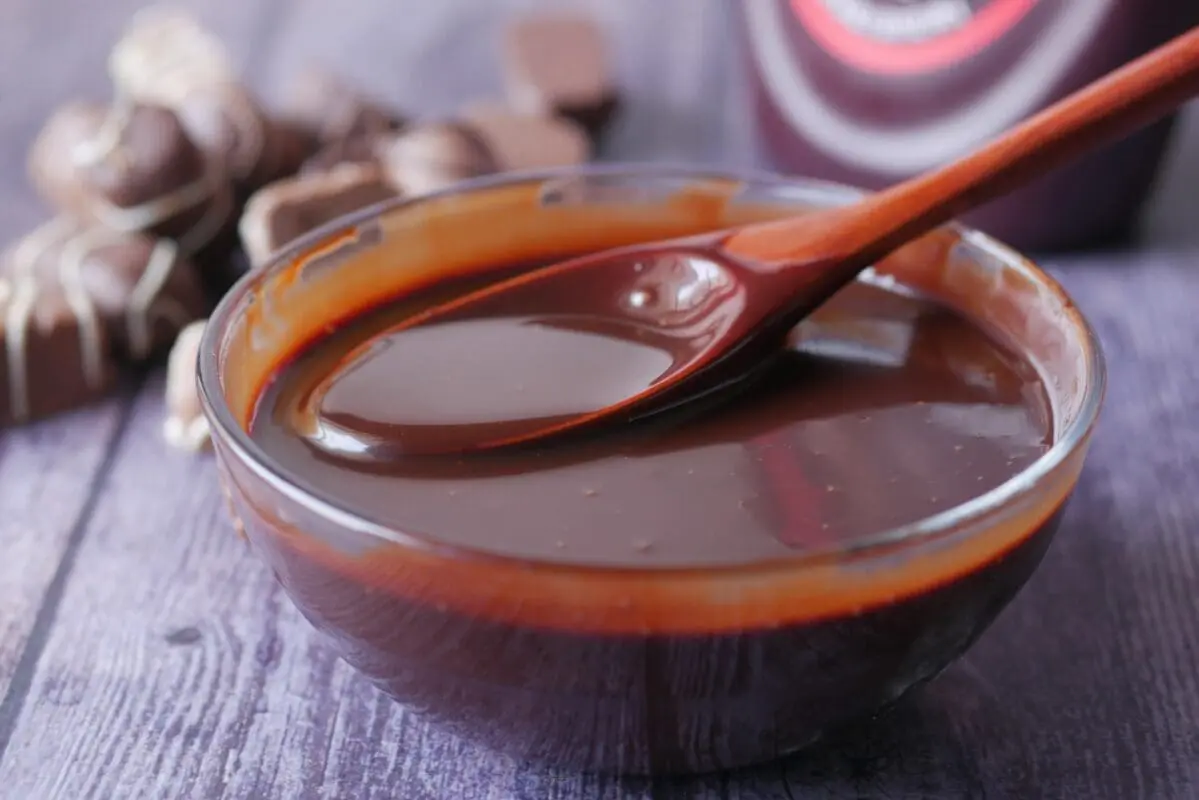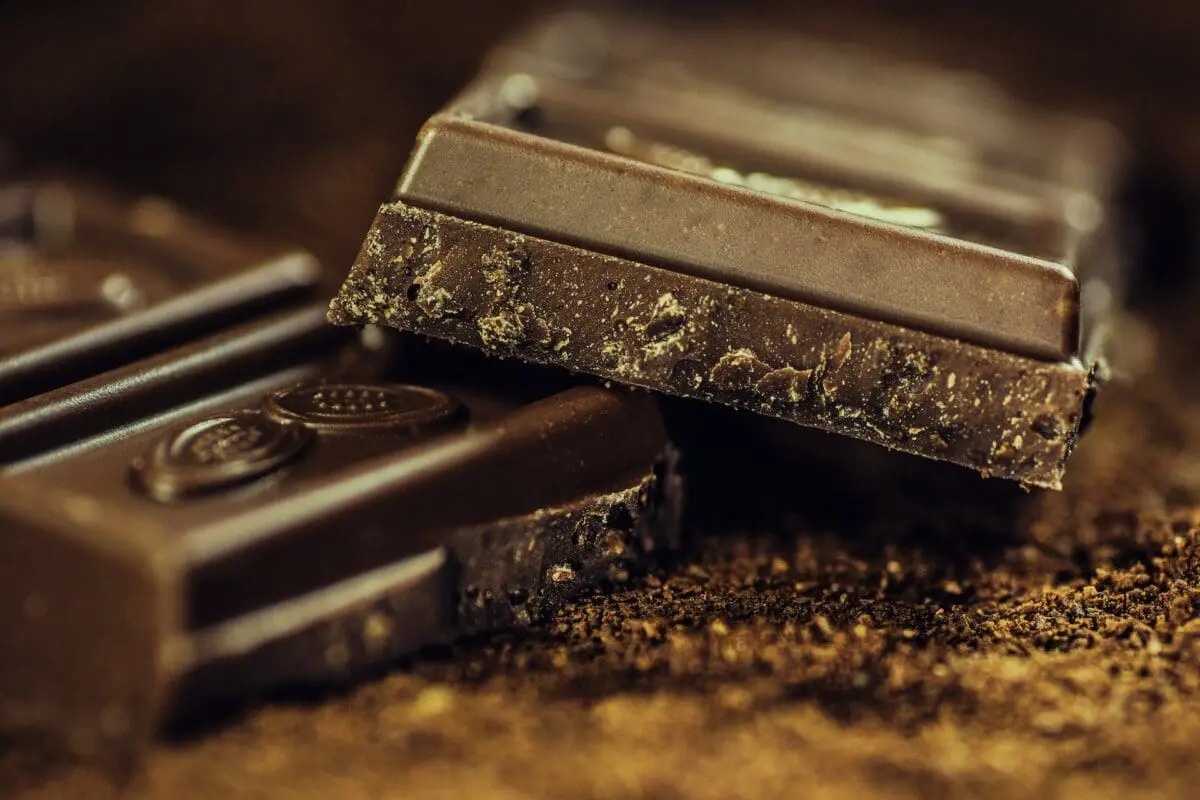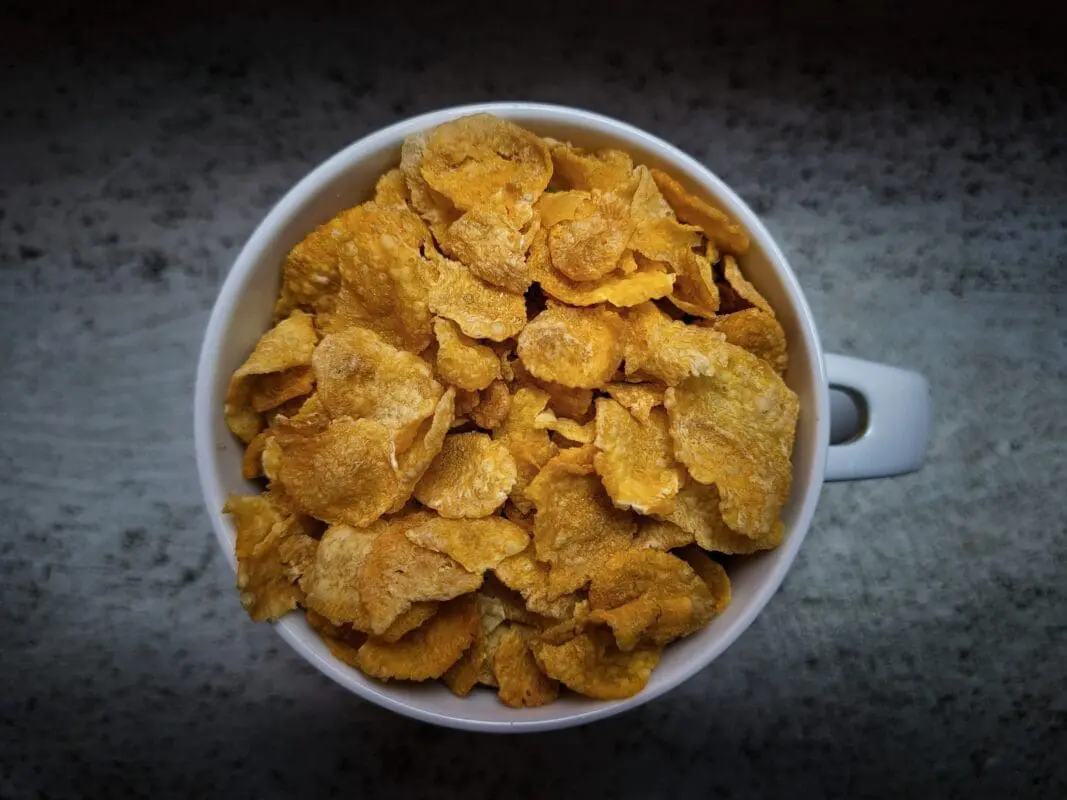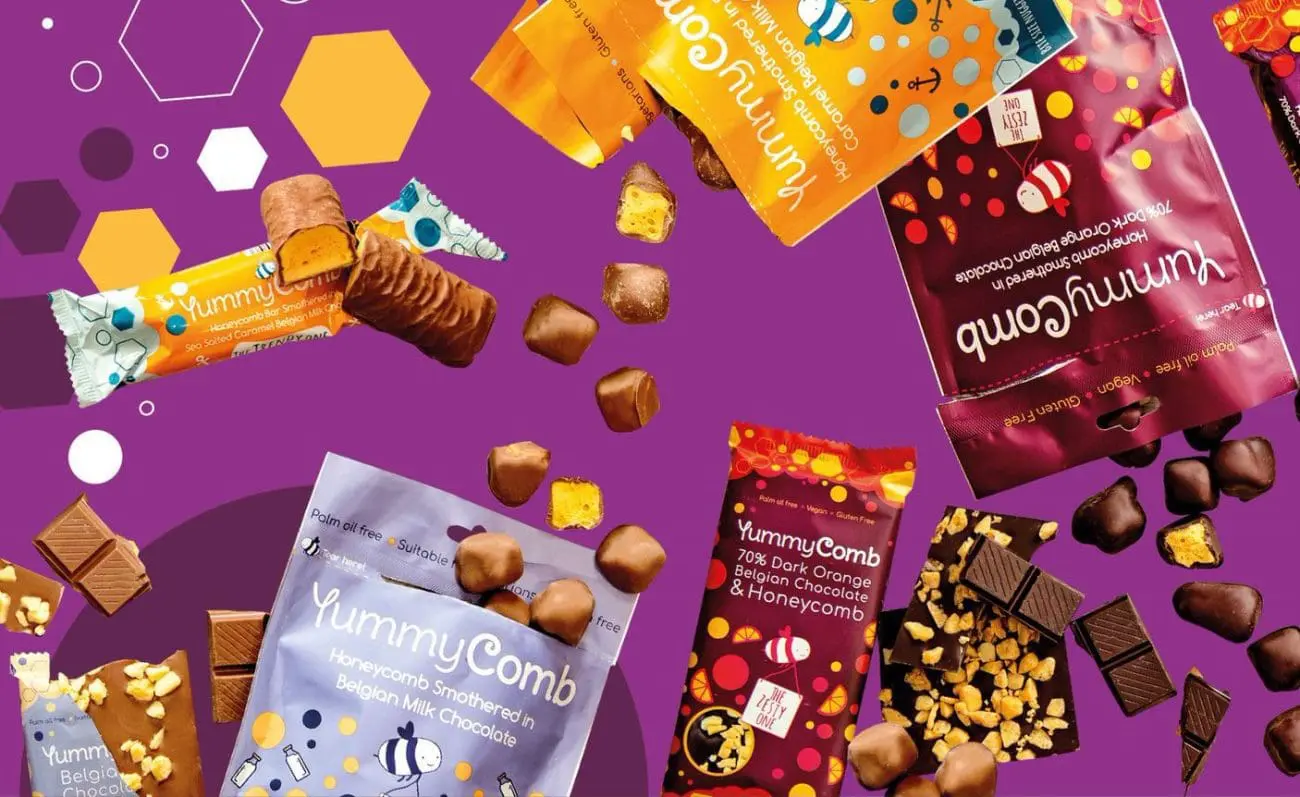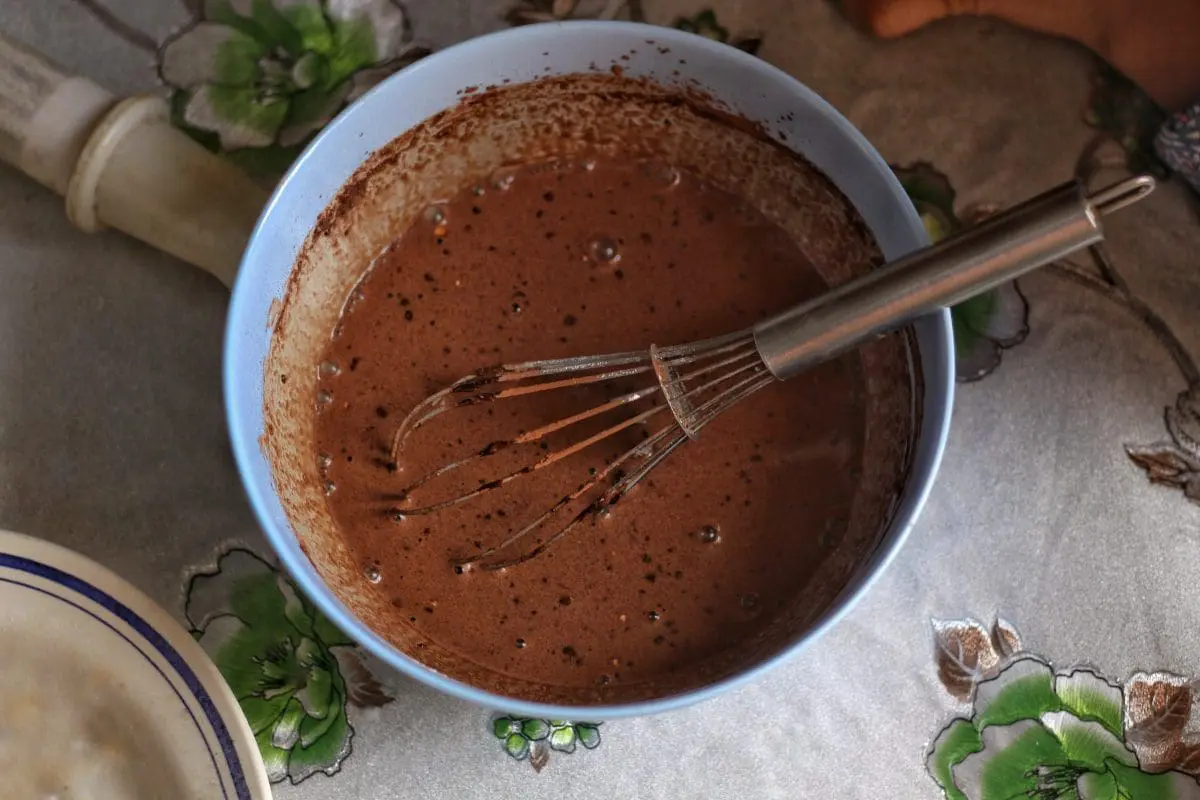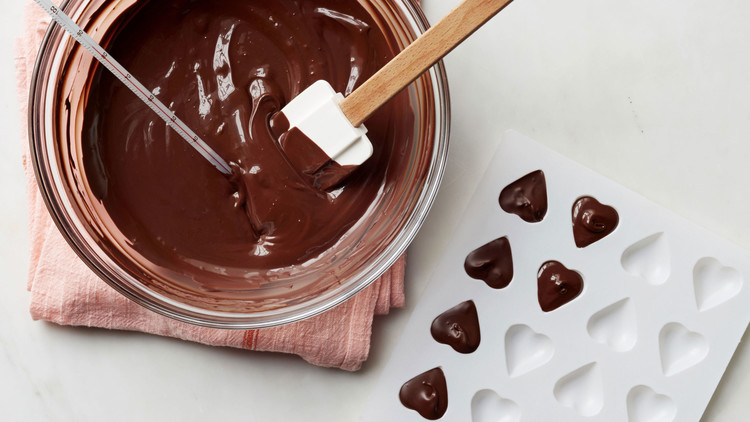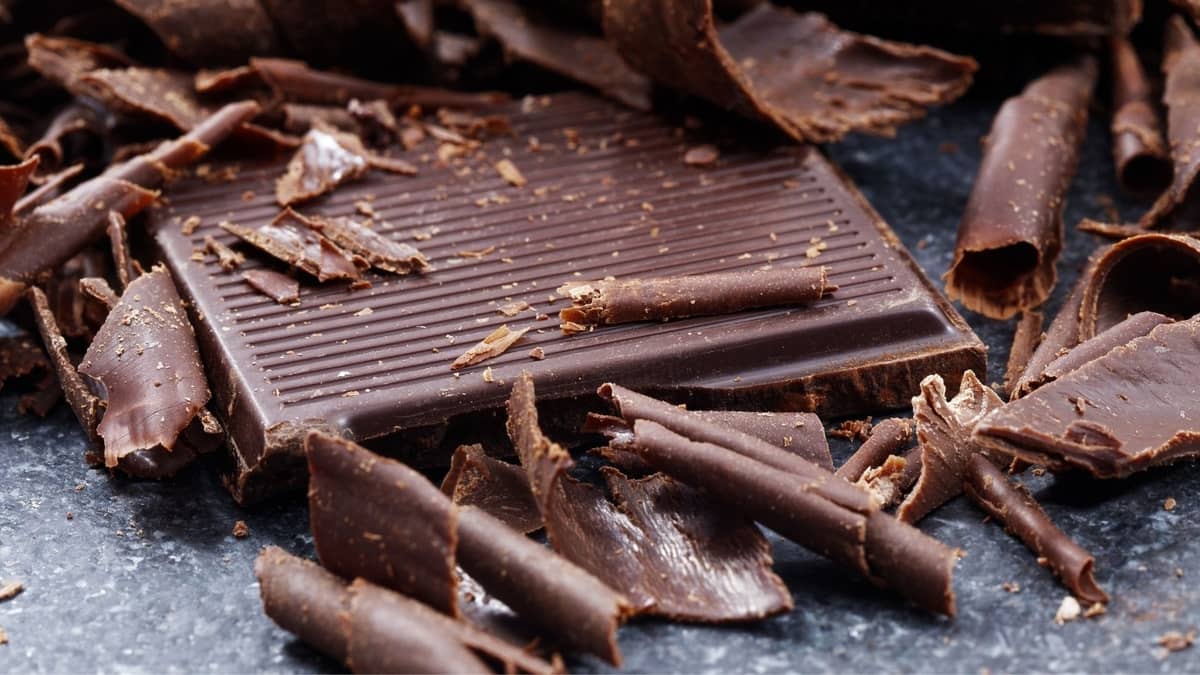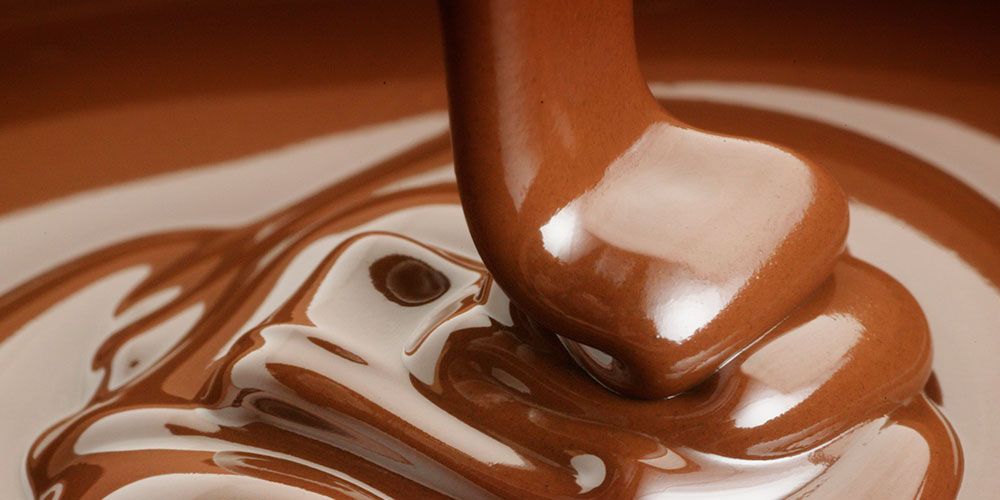YummyComb is coated generously with the finest Belgian Chocolate
The history of Belgium and chocolate is deeply intertwined, making Belgium one of the most renowned countries in the world for chocolate craftsmanship. Here’s a brief overview of how Belgium became synonymous with high-quality chocolate:
Early Beginnings:
Chocolate, which was primarily consumed as a luxury drink among the elite, started to gain popularity in Belgium around the 17th century. Initially introduced by Spanish explorers from South America, chocolate was a rare and expensive commodity. Belgian nobility and wealthy merchants would often enjoy it as a hot drink, similar to how it was consumed by the aristocrats across Europe. Over time, local confectioners began experimenting with chocolate recipes, setting the stage for Belgium’s future as a chocolate powerhouse.
Development of the Praline:
Jean Neuhaus, who originally opened a pharmacy in Brussels in 1857, began covering medicines with chocolate to make them more palatable. His grandson, also named Jean Neuhaus, invented the praline in 1912. This innovation was a significant breakthrough in the chocolate industry, combining a hard chocolate shell with a softer, often flavoured filling. The introduction of the praline not only transformed how chocolates were made but also how they were perceived—turning them from simple confections into luxury items. Neuhaus’s invention led to the opening of the first Neuhaus shop in the prestigious Galerie de la Reine in Brussels, which still operates today.
Chocolate and Belgian Royalty:
Belgian royalty has historically played a crucial role in promoting the country’s chocolate industry. The royal family’s patronage helped position Belgian chocolate as a symbol of luxury and refinement. King Leopold II, despite his controversial reign in the Congo, ensured that Belgium had a reliable source of cocoa beans, which helped the domestic chocolate industry flourish. In modern times, royal warrants are granted to exceptional chocolatiers, such as Pierre Marcolini, who are recognised for their quality and craftsmanship, further cementing chocolate’s status as a culturally significant Belgian product.
Innovation and Quality:
Belgian chocolatiers are renowned for their commitment to quality and craftsmanship. The country has strict regulations regarding the composition of chocolate; for example, Belgian chocolate must contain at least 35% pure cocoa. These regulations ensure a high-quality product and have helped Belgian chocolate maintain its premium status globally. Additionally, technological innovations like the ball mill, which grinds chocolate to a fine, uniform texture, have further distinguished Belgian chocolate for its smoothness and rich flavour.
Global Influence:
Belgium’s impact on the global chocolate market is substantial. Belgian chocolate is exported around the world, and brands like Godiva, Leonidas, and Neuhaus are synonymous with luxury and quality. The Belgian chocolate industry also contributes significantly to the country’s economy, with a considerable portion of its production destined for international markets. Belgium’s reputation as a world leader in chocolate is not only due to the quality of its products but also its ability to maintain and innovate within traditional practices.
Cultural Significance:
In Belgium, chocolate is more than just a treat; it’s a part of national identity and cultural pride. Chocolatiers across the country, from large factories to small boutiques, continue to push the boundaries of chocolate making, often incorporating local ingredients and flavours. Belgium hosts numerous chocolate festivals, such as the Salon du Chocolat in Brussels, where chocolatiers from all over the country showcase their skills. These festivals are not only a celebration of Belgian chocolate but also an opportunity for artisans to display their creativity and passion.
The History of Belgium and Chocolate
Belgian chocolate remains a testament to the country’s long-standing tradition of culinary excellence and innovation. Its global reputation is built on a foundation of quality, craftsmanship, and a relentless pursuit of perfection in the art of chocolate making.

